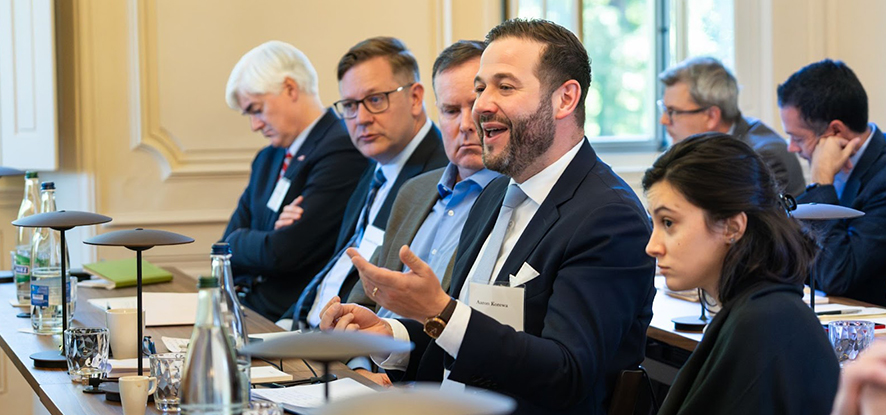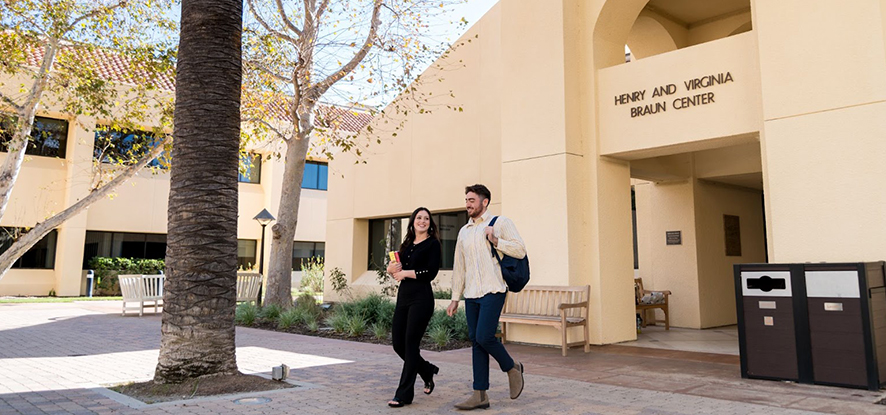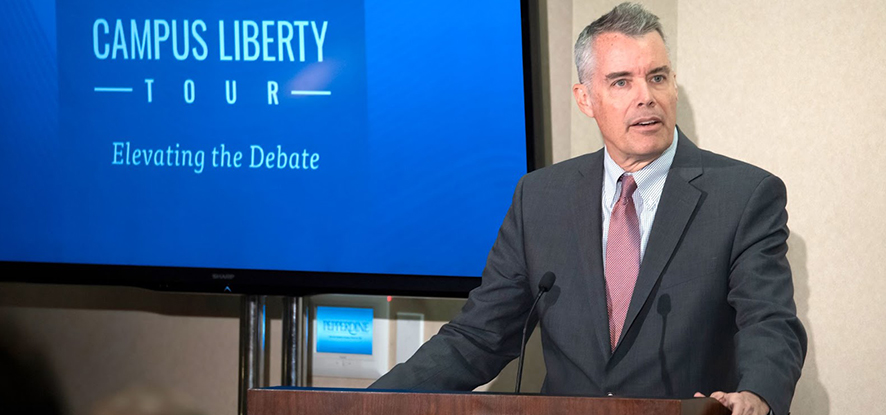Current Policy Issues

As constituents of democratically elected leaders, it is vital for all individuals to stay up to date on current policy issues and events. From healthcare to environmental policy, these challenges are complex and can have a direct impact on us. As active participants in these conversations, we can help shape the laws and society that govern us.
Policy debates are at the heart of political discussions and influence our society in significant ways. These issues go beyond government halls, touching our lives and communities daily. In this article, we'll dive into some of the most pressing policy challenges of our time and address the solutions policy makers are considering.
Whether you have a keen interest in politics, just curious about the world, or anywhere in between, knowing about these common policy topics is essential. Staying informed about policy is a large part of contributing to a better, fairer future.
Key Public Policy Issues Today
Today's policy landscape is vast and intricate, covering a wide range of critical issues that demand our focus. Here are some of the major policy areas that shape our society:
Public Health Care Reform and Access
Access to quality healthcare is a major global concern, and the United States faces its own unique hurdles. The political arena buzzes with debates on healthcare reform. Policymakers are continuously exploring various solutions to ensure that all people have access to the healthcare they need, without the burden of excessive costs. The issue is complex and involves navigating the interests of patients, healthcare providers, and insurers to create a system that's both efficient and equitable.
Solutions such as telemedicine and community health initiatives are becoming key components of reform, aiming to improve access and affordability. The goal is to create a health care system that's more inclusive, efficient, and capable of meeting the diverse needs of the population. As we navigate the aftermath of the pandemic, the importance of mental health services is also coming into the spotlight, highlighting the need for a holistic approach to health care that addresses both physical and mental well-being.
Immigration and Border Security
Immigration has long sparked intense debate and division. It is a priority for policymakers who are deeply involved in discussions about managing immigration flows and tackling illegal immigration. It's a critical issue that affects the lives of current residents of our country as well as people seeking new opportunities in the US. Policymakers are tasked with balancing national security concerns with the recognition of immigrants' economic and cultural contributions to the nation.
Aspects of immigration policy include addressing the status of undocumented individuals, border security and processes, reforming visa programs to meet labor demands, and ensuring the humane treatment of asylum seekers and refugees. It's a multifaceted issue, requiring thoughtful analysis and empathy to navigate the complexities of a globalized world.
Education Policy
For obvious reasons, education is fundamental to societal stability and progress. This cross-sector policy area requires collaboration from all levels of government including federal, state, and local, in addition to considering the immediate needs of the community. Recent government initiatives have focused on creating quality and accessible education systems. Policymakers are making efforts to address high tuition costs and improving school curricula and infrastructure.
The conversation in the education realm is increasingly centered on technological integration and preparing students for a digital future. This includes not just access to devices and the internet but also teaching digital literacy, safe and healthy practices, and critical thinking skills.
Economic Development
The federal government places strong emphasis on economic development with the goal of stimulating growth, increasing market confidence, and decreasing the unemployment rate. In addition to economic-centered policies, lawmakers are working to create job opportunities and address issues like poverty and economic disparity. This involves creating policies that support business growth and economic vitality, while also ensuring that all segments of the population can enjoy the benefits of this progress.
Criminal Justice Reform and Social Justice
Improving the criminal justice system requires policymakers to consider areas that are currently lacking or not meeting the values that underpin American justice and make substantive change. Sub categories of this topic focus on state and federal criminal laws, strengthening relations between communities and law enforcement, and prisoner rehabilitation and restorative justice.
Technology and Privacy Regulations
In an ever-evolving technological landscape, understanding how policy and technology intersect is becoming more and more important. The widespread use of digital tech brings up significant questions about privacy, free speech, data protection, and how to use new technologies responsibly.
New regulations are being considered to address the challenges posed by big data, artificial intelligence, and surveillance technologies. These policies aim to strike a balance between innovation and ethical considerations, ensuring that technological advancements serve the public good while safeguarding personal privacy.
Government Elections
A large, and more modern policy issue, is how to ensure elections are fair and secure. As we work to keep our democracy strong, there are growing concerns about how transparent, accurate, and resilient our voting processes are.
Efforts to enhance electoral security and accessibility are gaining traction, focusing on modernizing voting systems and ensuring that every vote is counted. These initiatives are crucial in upholding the democratic process, fostering public trust, and ensuring that elections reflect the will of the people. It's a critical area of policy that demands constant vigilance and innovation to protect the cornerstone of democratic governance.
Labor and Employment
Current labor policy topics are the gig economy, wage inequality, unemployment rates, union work, and the future of employment in an automated world. The goal is to ensure that the economy works for everyone, with protections and opportunities that reflect the changing nature of work. This includes fostering a diverse workforce, promoting work-life balance, and ensuring that economic growth benefits all segments of society.
How You Can Get Involved
Getting involved in public policy initiatives allows you to contribute to societal progress and ensure that your voice is heard on issues that matter to you. Whether it's environmental protection, healthcare reform, education, or any other area of public interest not mentioned here, there are many ways to engage.
The first step is to educate yourself about the issues. Staying informed through reputable sources, attending public forums, and engaging in community discussions can provide a solid foundation of knowledge. This understanding enables you to advocate effectively for policies that align with your values and to raise awareness about critical issues within your community.
Become an Advocate
Advocacy plays a crucial role in shaping public policy. This can involve writing letters or emails to your elected officials, making phone calls, or participating in campaigns that support specific policy changes. Social media platforms also offer a powerful tool for advocacy, allowing you to share information, mobilize support, and connect with like-minded individuals and organizations. Attending town hall meetings and public hearings provides a direct avenue to express your views and question policymakers.
Seek Volunteer Opportunities
Volunteering with local organizations or non-profits that work on policy issues you care about is another impactful way to get involved. These groups often rely on volunteers to help with various tasks, from organizing events to conducting research or advocating for policy changes.
Donating to organizations that have the expertise and infrastructure to effect change can also be a valuable contribution.

Become an Expert on Public Policy Through Pepperdine University's School of Public Policy
At Pepperdine University's School of Public Policy, students engage in a comprehensive educational experience that goes beyond simply learning facts. They develop critical thinking skills essential for understanding and solving the complex issues in public policy. With lively discussions, hands-on case studies, and exposure to a variety of viewpoints, students grow into future leaders ready to tackle the significant challenges facing our communities and the broader society.
Consider pursuing a Master's in Public Policy at Pepperdine University to enhance your understanding of this dynamic field. Discover the program requirements for admission and explore the possibilities that a graduate degree from Pepperdine University offers. By joining this program, you're setting yourself on a path to a fulfilling career in public policy.
